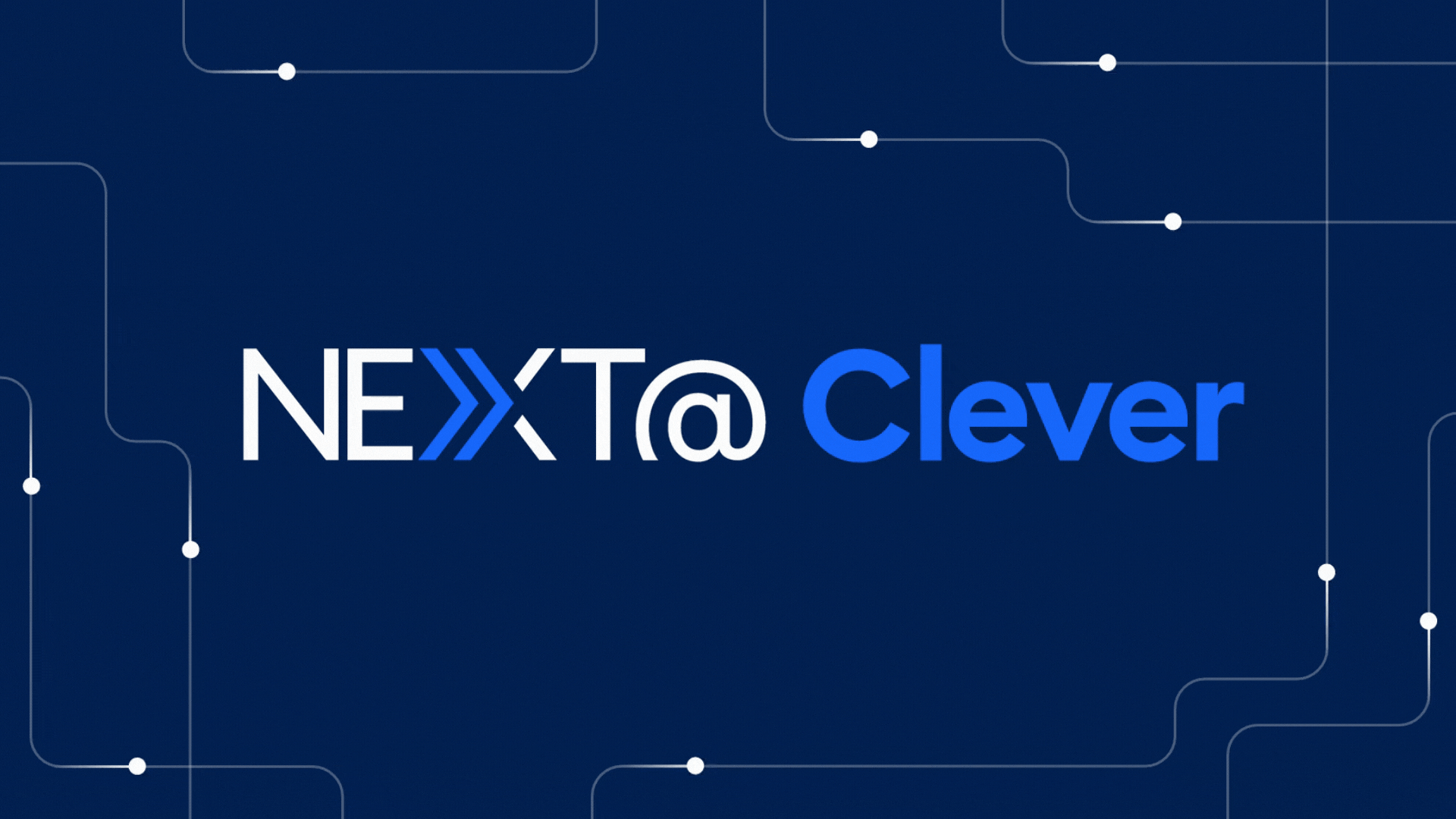‘Teacherpreneurism’ and the right ways to wrestle alligators in the pool of innovation
For the most part, the hallways of Austin’s SxSWedu conference seem like a stadium for a massive game of tag. Educators chase tech innovators in hopes of new ideas, while innovators chase the educators to find homes for their products.
That game took an hour off earlier today for a panel called How Teacherpreneurs are Shaking up Classrooms during which its audience heard from a pair of former teachers who’d since gone on to create successful companies out of the ideas they’d had to improve their own classrooms.
These hybridized teacher-innovators—Jen Medbery, CEO of school behavior management software Kickboard, and Clever’s own Dan Carroll—shared stories about their starts and offered advice to today’s teachers who want to raise the game of education.
Here are a few of the more interesting Q’s and A’s:
First off, how would you define ‘teacherpreneur?’
Dan: We talked about this in the greenroom just before this. It’s really someone who can make mistakes and is encouraged to try new things.
Jen: Find a problem and create a solution for it. And then figure out how to make it work at scale.
What inspired you to create your own businesses?
Dan: I would love to say I was inspired, but it didn’t work that way. I was frustrated. It started when I was a teacher and realized that we didn’t have the tools to meet the full scope of students’ needs. The idea of one-size-fits-all didn’t work here because each kid has different interests and skills than the next. But personalizing the tools made them too hard to roll out. This led me to be a tech director, but the same issues were even more frustrating there.
Jen: It was the same for me. I was in pain. Middle school, high school—it was all the same. The manual effort required was too much and the data points around how they were performing weren’t there. Nothing was designed to be scalable…and you can only do so much with a spreadsheet.
Where and when do you start?
Jen: The first step is that moment when you finally give up on the norm that isn’t working. The important thing is to make sure you’re not the only person experiencing this pain – that you’re not just building something for a user or two. So you have to get out, talk to teachers, students and administrators. You validate it.
Dan: The advice I’ve heard is around three things. One, you need a problem and you need to be passionate about it. Because you’re getting married to it here. Second, you need to have the right team. There’s no way I could have done this without my co-founders, who brought a mix of skills. The third area is the timing. There are a lot of great ideas where the problem is real and you have a great team to tackle it, but the market just isn’t ready. Like virtual reality was 10 or 15 years ago.
Jen: But there are different definitions of team. Yes, you can find co-founders and all jump off that cliff together, but you can choose to build a network around your idea instead. People to beta test, people to try it out in schools and people who know the parts that you don’t.
Dan: And don’t forget that you can also build a venture without the investors. It’s easy to get sucked into the hype on this. It’s great to have growth-accelerating capital, but you should think first about selling to your customers – not necessarily investors.
Did your district support your ventures or did you pursue them on your own while there?
Dan: My district was incredibly supportive. From day one, they worked with me to figure this out for the school. When I told them about wanting to do this as a company, we agreed I’d finish the school year and then go.
Jen: I had a similar positive experience. My principal and I reached the decision together that this was a problem worth solving, but I couldn’t do either thing justice by pursuing them both. My advice: If you’re working your idea while otherwise employed, you really need to look after the issues around ownership of the intellectual property.
What needs to change in order for this to be easier for teachers to accomplish?
Jen: Well, you can’t be what you don’t see. Maybe we make teacherpreneur an actual title in the districts and in the schools. Create the role. Let’s define what’s expected and start to build a pipeline of talented teachers who want to solve problems.
But how does a teacher get funded for this?
Jen: Just do it. The funding will come once you bring your idea to reality and show that there’s a market.
Dan: You know, this conversation is crazy to me! As a teacherpreneur, you have immense assets. You have a classroom of students! It’s an amazing level of access – to students, principals and teachers. You can build from there! You should have the strongest advocates. And if your solution doesn’t excite your fellow teachers, well, maybe there’s something wrong there and it’s worth thinking about.
Jen: Right. The assumption that you need to look beyond your classroom to find these problems is wrong.
Any advice for aspiring teacherpreneurs who wonder when to get started?
Dan: The advice I give here is to imagine that an alligator pops up in your swimming pool. It’s a problem, but you don’t just dive in the pool and try to wrestle the alligator. First go get help! Try to find solutions that are already out there. And if you can’t find any, and you finally give up on that search, that’s when you do it yourself.

More to read

December 18, 2025
2025 Year in Review: Inclusion and Belonging at CleverClever is proud to share that representation across our workforce continues to reach new milestones, including record levels in technical roles and for Black and Latinx employees. We are continuing to build on this foundation by investing in an inclusive employee experience that supports retention, development, and high performance across all teams and locations.

October 17, 2025
Cracking the K-12 Code: Where Corporations StumbleYou’ve built a successful company. You know how to scale into new markets. The K-12 market looks like a natural extension, and many companies hit a wall because the playbook is not the same. The biggest challenge isn’t a lack of opportunity; it’s the gap between how enterprises do business and the very specific demands […]

October 16, 2025
A Unified Future: Why a Single Identity Platform Is the Key to Secure and Scalable LearningStop managing complex K-12 security with patchwork fixes. Jamie Reffell, CPO at Clever explains how a unified identity platform is the future for secure, scalable learning and effortless edtech deployment.


















